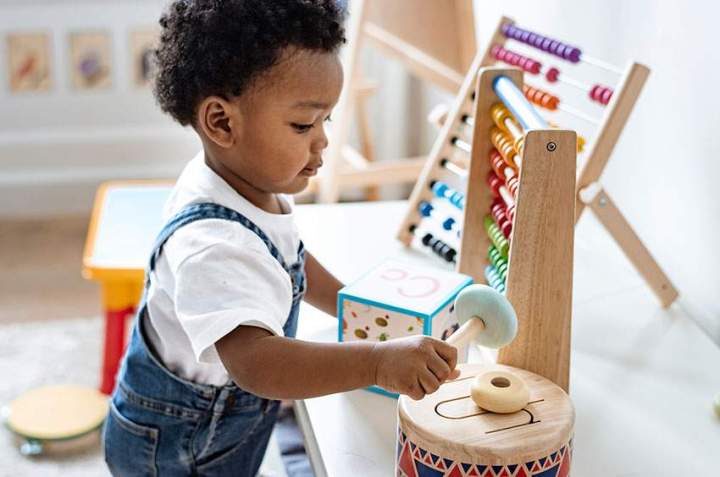How Is Progress Measured in ABA Therapy?

Progress in ABA therapy is measured through data-driven methods that track skill development, behavior change, and overall growth.
Data Collection: Tracking Success and Adjusting Techniques
One of the key principles of Applied Behavior Analysis (ABA) therapy is the use of data to measure progress. Each session is carefully documented, with therapists collecting data on the child’s responses, behaviors, and skill development. This data is crucial for assessing how well the therapy plan is working and identifying areas that need adjustment.
For example, if the child is learning to use words to express needs, data will be collected on how often they use words versus gestures. If the goal is to reduce a specific behavior, such as tantrums, therapists will monitor the frequency, intensity, and duration of these behaviors. This ongoing data collection allows for real-time feedback, ensuring that the therapy is focused on the child’s most pressing needs.
Based on the data, the therapy plan can be modified to address new challenges or refine existing strategies. This systematic approach ensures that therapy remains effective and is always aligned with the child’s individual needs and goals.
Setting and Reviewing Goals: Ensuring Steady Growth
Progress in ABA therapy is not only measured by data but also by the achievement of specific, individualized goals. At the beginning of therapy, a thorough assessment is conducted to identify the child’s strengths, challenges, and areas for improvement. Based on this, measurable and attainable goals are set, such as improving communication, increasing social skills, or learning new daily living tasks.
Throughout the therapy process, these goals are regularly reviewed to ensure steady progress. If a goal is consistently met, it may be adjusted to introduce more complex skills or expand on existing ones. Conversely, if a child is struggling with a specific goal, additional support or modifications to the approach may be implemented.
Parents play an integral role in this process, with therapists providing regular updates on their child’s progress. These reviews are a collaborative effort, ensuring that the child’s growth is supported both in therapy and at home. By focusing on achievable, meaningful goals and adjusting as needed, ABA therapy offers measurable and sustained improvements in the child’s development.
